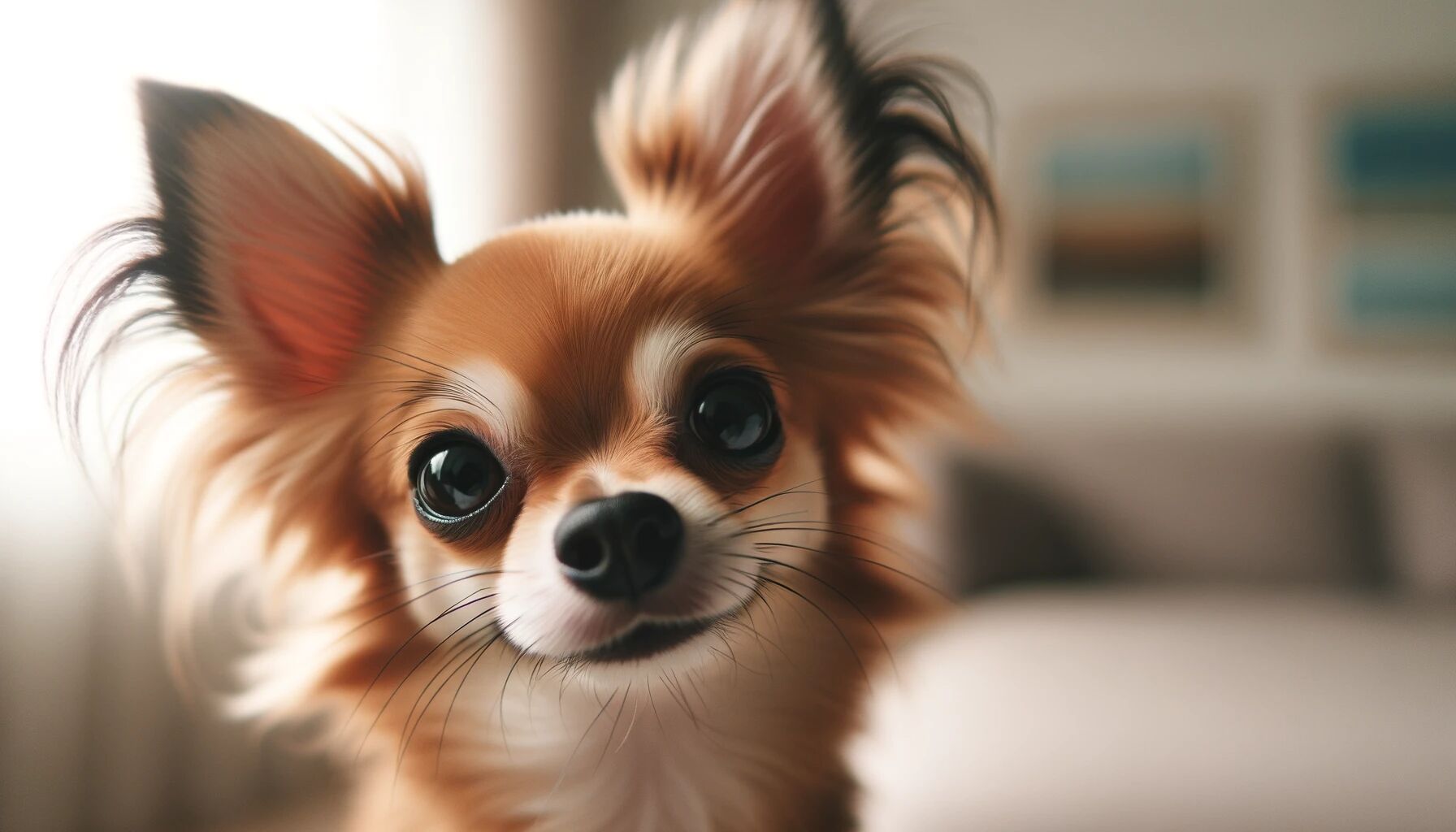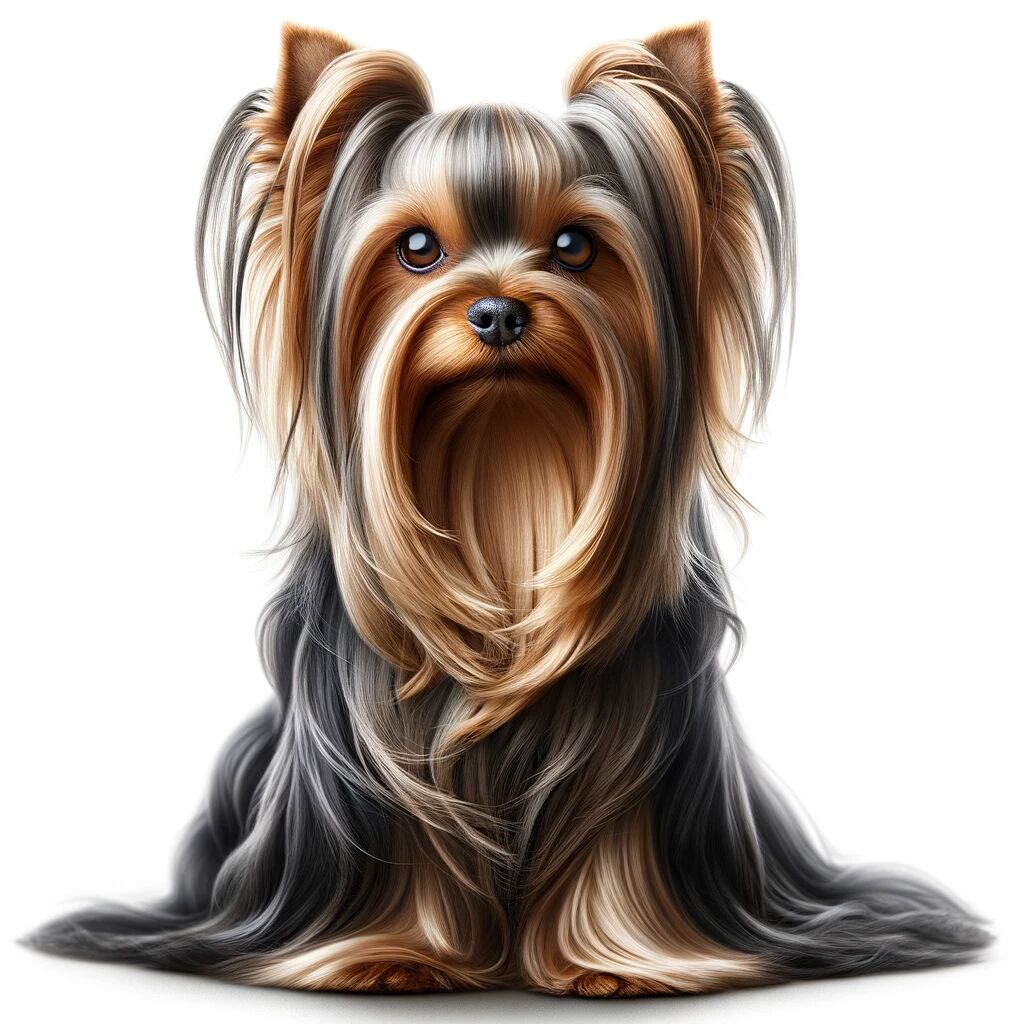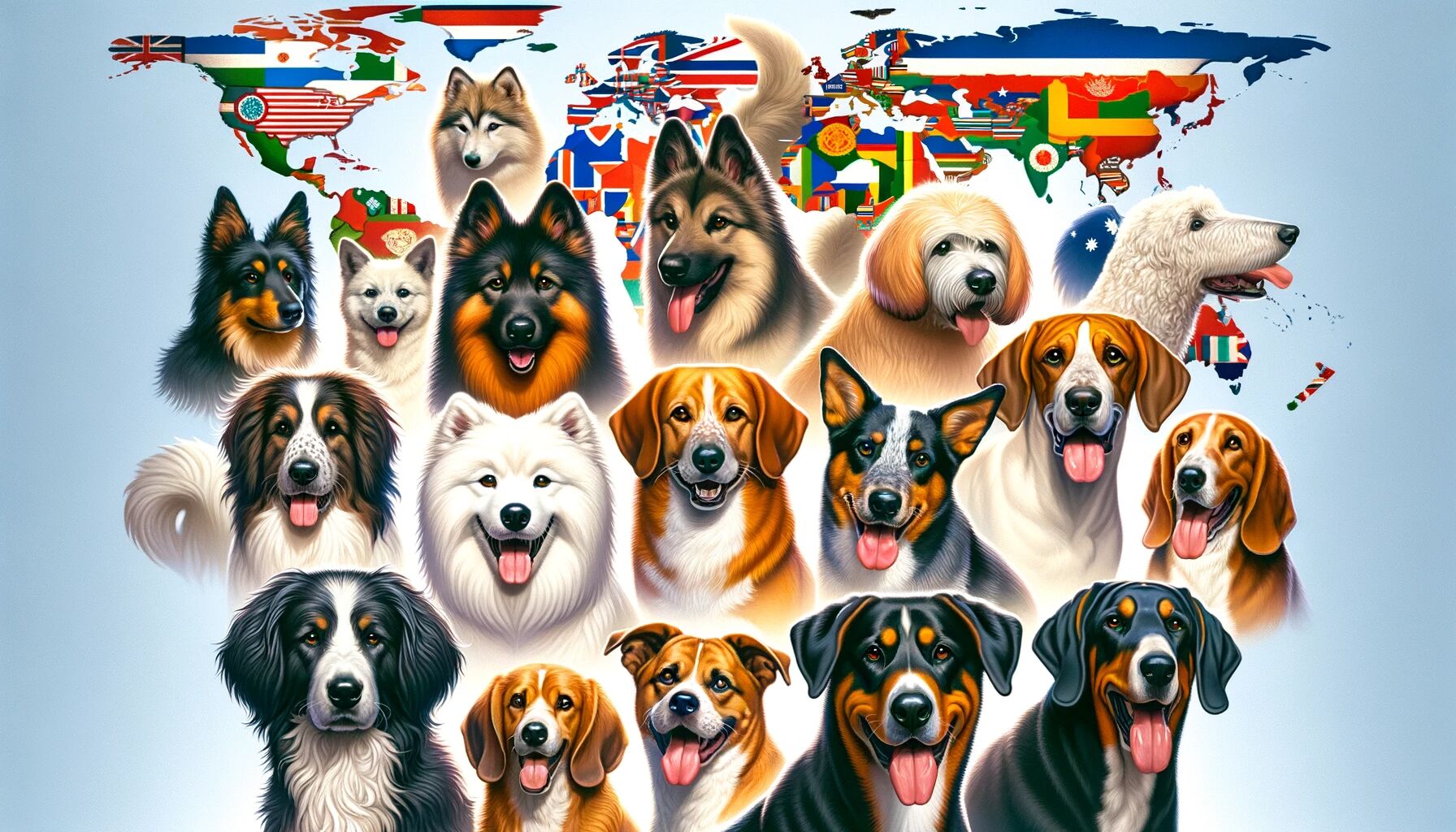Introduction
Toy breeds, epitomized by their diminutive stature, are a marvel in the canine world. Despite their small size, breeds like Chihuahuas, Pomeranians, and Yorkshire Terriers pack a vibrant and spirited personality. This article aims to explore the distinct characteristics that make toy breeds an enduring favorite among dog enthusiasts.
The Allure of Toy Breeds
Toy breeds are immensely popular for several reasons. Their compact size makes them ideal companions for urban living and for those with limited space. They are particularly suited for apartment life and for pet owners who seek a canine companion that can easily travel with them. But it's not just their size that endears them to people; it's also their vivacious and often bold personalities.
Despite their petite frames, toy breeds tend to have a big-dog attitude. They are often fearless, expressing a level of bravery that rivals larger breeds. This fearless nature, combined with their endearing size, makes them particularly charming. They are known to be fiercely loyal to their owners, often forming a strong, unbreakable bond.
Unique Care and Health Considerations
Caring for toy breeds requires an understanding of their specific health and physical needs. Due to their small size, they can be more prone to injuries and may require careful handling to prevent accidents. Additionally, their small mouths mean they are more susceptible to dental issues, making regular dental care and hygiene a necessity.
Nutritionally, it's important to provide a diet that supports their energy levels while preventing obesity, a common challenge in smaller breeds. Exercise should be regular but moderate to suit their small stature. Additionally, due to their size, toy breeds can be more sensitive to colder climates, often requiring extra warmth in the form of clothing or bedding to stay comfortable.
Socialization and Training
Effective socialization and training are crucial for toy breeds. Without proper socialization, they can develop 'small dog syndrome', where they become overly protective, bark excessively, or display anxiety. Introducing them to a variety of people, animals, and environments at a young age helps them become well-adjusted adults.
In terms of training, toy breeds respond well to positive reinforcement methods. Consistency is key in their training regimen to ensure they understand and adhere to the rules and boundaries set for them. Despite their size, they are intelligent and capable of learning a wide range of commands and tricks, making training both a necessary and enjoyable experience.
The Joys of Living with Toy Breeds
Living with a toy breed brings a unique set of joys and rewards. Their affectionate nature makes them excellent companions, offering comfort and emotional support. They are known for their playful demeanor, often bringing a sense of liveliness and fun to the home. For many owners, the presence of a toy breed turns everyday life into a series of delightful moments.
These breeds are also known for their adaptability, capable of thriving in various living environments. They make great companions for older individuals or those with a less active lifestyle, as they don’t require the same level of physical activity as larger breeds. Yet, they’re equally suited for families or individuals who enjoy a playful and lively pet.
Conclusion
Toy breeds, with their big personalities and small size, offer an unmatched companion experience. Understanding and catering to their unique needs are essential for a harmonious life together. These pint-sized companions are not just pets; they are loyal friends and an integral part of the family, bringing joy, laughter, and love into the lives of their owners.




 Breeds of the World
Breeds of the World